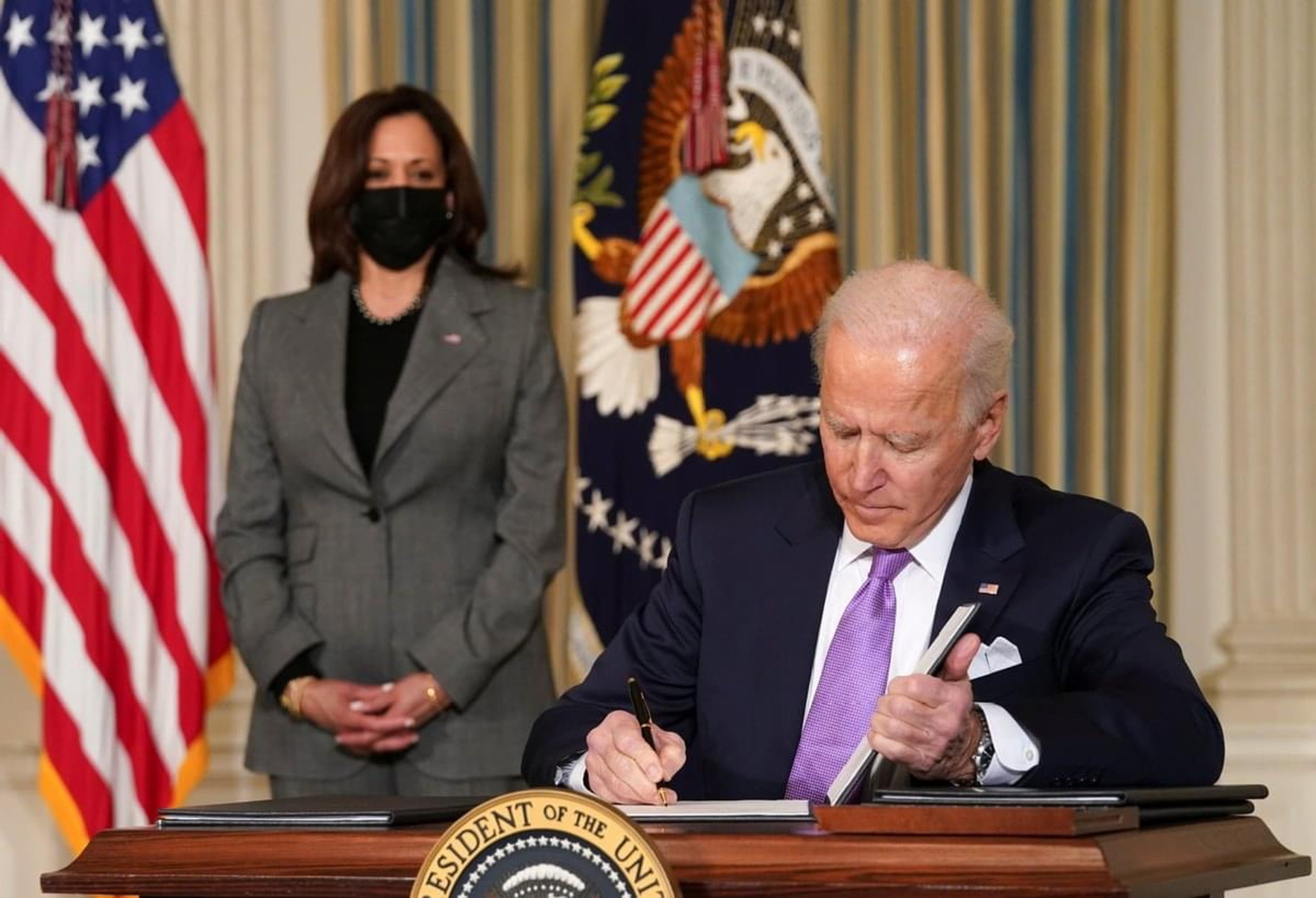Posts tagged Coalition for a Democratic Workplace
Commentary: NLRB v. EEOC: Damned if you fire, damned If you don’t
February 28, 2024 // The concern is not theoretical. The EEOC has told the NLRB not to be too lenient regarding hostile rhetoric. The EEOC argued in a 2019 amicus brief, in a case called General Motors v. Robison that “[E]mployers must address racist or sexist conduct that violates Title VII [of the Civil Rights Act of 1964], and may need to do so even before the conduct becomes actionable in order to avoid liability for negligence … the EEOC urges the NLRB to consider a standard that permits employers to address such conduct, including by disciplining employees, as appropriate.” The case involved a worker directing racially charged language at a supervisor. In short, companies can find themselves trapped in a damned-if-you-fire, damned-if-you-don’t situation between two powerful regulatory agencies. Because regulators are supposed to issue clear rules of behavior, this is troubling. Businesses can’t follow the rules if they can’t know what the rules are. The public is entitled to have agencies require mutually consistent standards of behavior before they start enforcing them on the rest of us.
The Impacts of Chevron Deference on Labor and Industry
February 7, 2024 // The Amicus brief alleges that the Chevron doctrine has enabled the NLRB’s “unworkable track record of frequent flip-flopping,” due in part to a consistently changing Board. According to the filing by CDW, “the Board’s membership is subject to frequent and continued change, and whenever a new Board majority disagrees with a prior precedent, it often overrules that precedent.” Additionally, “it is customary (though not mandated by statute) that no more than three of the five members will belong to the President’s political party.” This means each President can guarantee a majority of the Board will share his ideological priorities. The CDW argues this has created instability as rules are constantly changing with each new Board.

Commentary: Workers deserve to hear all sides of a story
October 23, 2023 // Neutrality agreements are contracts that require employers to stay silent in union organization efforts. They mean that employers can’t freely offer knowledge of workplace realities, counter misleading information given by an outside organization or give workers “cons” to a union’s “pros.” Long-sought by unions, neutrality agreements allow unions to give workers the information of their choosing while gagging employers. Requiring employers to remain silent during unionization efforts can leave workers with a one-sided argument — the union’s side. Long-standing precedent in which the judicial and legislative branches of government have defended worker rights would send the Biden Administration to detention for trying to deprive workers of their right to information.

On the Matter of Card Check, the Losers Are the Workers
July 31, 2023 // Neutrality agreements and the card check process they enable deprive employees of information necessary for making informed decisions about unionization and worse, it opens the door to intimidation by taking away workers’ right to a secret ballot in union organizing elections. Neutrality agreements often require employers to accept a process called card check, which replaces NLRB-supervised secret ballot elections. Card check is an open petition process which leaves employees vulnerable to organizing campaigns that are rife with coercion and deception. Card check can fail to reflect employees' true wishes, undermining the democratic principles on which fair representation should be built. Examples of problems with card check include employees being told to sign a card simply to say they attended a union meeting or to get a free t-shirt. Worse, the study documented testimony from a February 8, 2007 U.S. House of Representatives Committee hearing which detailed that the United Auto Workers had “union employees from other facilities actually visit … employees at their homes. The union’s organizers refuse to take ‘no’ for an answer. ... Some employees have had 5 or more harassing visits from these union organizers.”

Electronic voting means more attacks on worker privacy
July 18, 2022 // Most employers do request an election because cards are notoriously unreliable, as shown by studies, congressional testimony, and even admissions from union organizers. Too often, workers are deceived or intimidated into signing cards. At other times, workers who don’t want a union will sign a card just to get the organizer to go away. The NLRB has failed to protect employees who have been threatened during a card-check campaign. In one case, the NLRB held that because an employee soliciting signatures was not working directly for a union it was all right that the “card solicitor allegedly stated that the employee had better sign a card because if she did not, the union would come and get her children and it would also slash her car tires.”

Biden task force releases report to strengthen labor unions
February 8, 2022 // “Today’s report from the White House task force is nothing more than pro-union propaganda and exemplifies how entrenched pro-union allies are in this administration," said Kristen Swearingen, chair of the Coalition for a Democratic Workplace, which is composed of more than 500 business groups including the U.S. Chamber of Commerce and the American Trucking Association.
